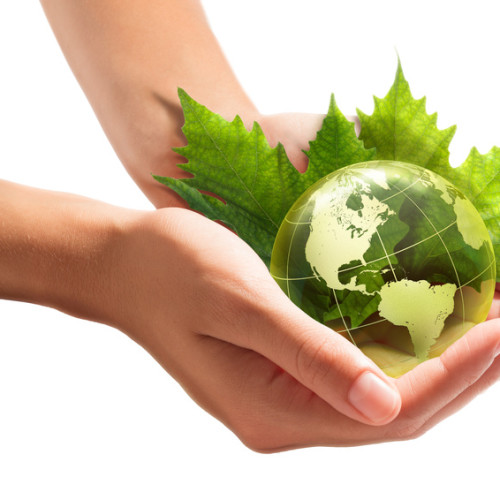
The WHO Council on the Economics of Health for All has found that at least 140 countries recognize health as a human right in their constitutions. Yet far too many are not passing and putting into practice laws to ensure their populations are entitled to access health services. This underpins the fact that at least 4.5 billion people – more than half of the world’s population – were not fully covered by essential health services in 2021. To address these challenges, the theme for World Health Day 2024 is “My health, my right”.

WHO/Europe is calling upon consumers to become a part of a project aimed at creating a healthier society. Indeed, consumers can participate to the test of an artificial intelligence (AI) tool that will help countries across the WHO European Region to effectively monitor and regulate the promotion of harmful products from tobacco and alcohol to foods high in salt, trans fats and sugars – and to monitor the marketing of breastmilk substitutes and foods for infants and young children.

A new One Health Joint Plan of Action (OH JPA) has been launched by the Food and Agriculture Organization of the United Nations (FAO), the United Nations Environment Program (UNEP), the World Health Organization (WHO) and the World Organization for Animal Health (WOAH). This first Joint Plan on One Health aims to create a framework to integrate systems and capabilities so that we can collectively better prevent, predict, detect and respond to health threats. This initiative aims to improve the health of humans, animals, plants and the environment, while contributing to sustainable development.

The document advises the European Commission on two pillars of the Farm to Fork strategy.

This study conducted by the World Health Organization (WHO), presents updated national, regional and global estimates of the prevalence of insufficient physical